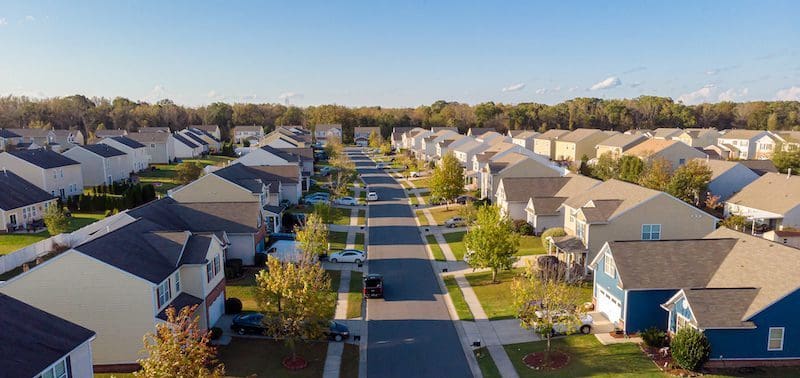New Home Market Update

July marked another cooler month for the housing market, with Zonda’s New Home Pending Sales Index (PSI) down 18.2% year-over-year and off 2.8% compared to the same month in 2019. 85.0% of homebuilders surveyed by Zonda noted the market was slower than they expected moving from June to July, capturing the shift in demand in response to higher borrowing costs and some economic uncertainty. In response, 87.0% of builders intend on slowing starts in response to the shifting market.

“The housing market has seen a bit of rebalancing over the past few months,” said Ali Wolf, Zonda’s chief economist. “Some consumers got fed up with the relentless home price growth and decided to move to the sidelines. At the same time, we started to see inventory increase in the new and resale markets. There has been a shift from an intense seller’s market to one that is more buyer friendly and sustainable.”
The key things we are watching for the remainder of the year are mortgage rates (which are now back to the low-five percent range), equity markets (the S&P 500 is off just 10% year-to-date from 30%+ a few months ago), and inventory (up but still tight compared to pre-pandemic times.)
Sales have cooled
The New Home Pending Sales Index, a leading residential real estate indicator based on the number of new home sales contracts signed across the country, came in at 109.8, representing a 18.2% decline from the same month last year. The index is currently 37.0% below cycle highs. On a month-over-month basis, seasonally adjusted new home sales decreased 0.8%.
- Of all our select markets, the PSI was up year-over-year only in Cincinnati. The market fell 0.9% month-over-month.
- The metros that performed the worst year-over-year were Sacramento (-56.1%), San Francisco (-45.1%), and Seattle (-33.7%).
- Some of the markets that slowed the quickest this year, including Salt Lake City, Austin, and Denver, posted a seasonally adjusted month-over-month increase in July.
